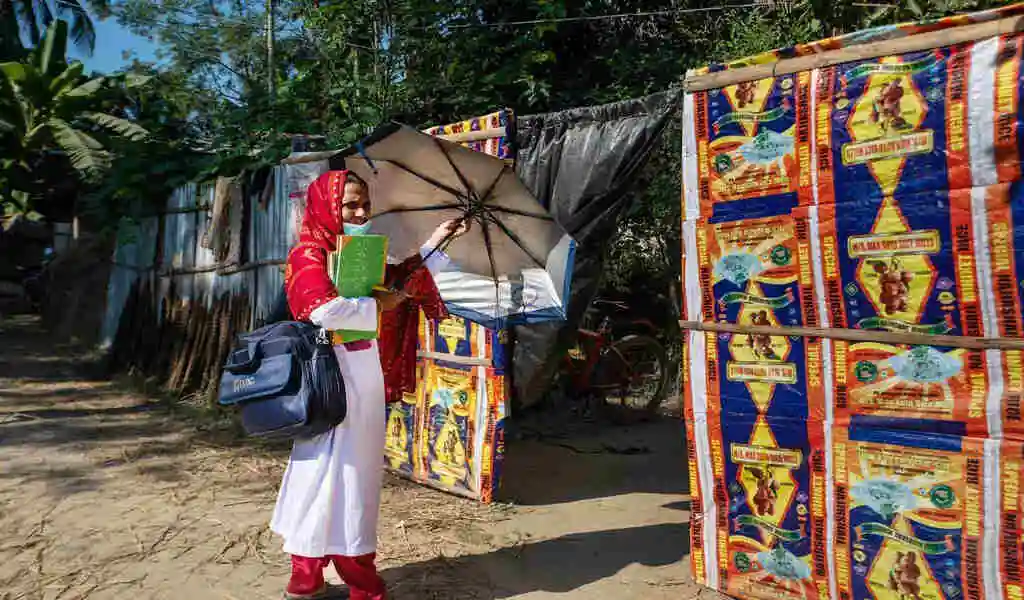(CTN News) – Leaders in Africa have warned that malaria is at its ‘worst in two decades’.
In a show of unity, heads of state and experts called for immediate action against malaria at the United Nations general assembly on Friday, arguing that mosquitoes are becoming increasingly resistant to insecticides, and antimalarial drugs and diagnostic tests are becoming less effective.
Guinea-Bissau’s president, Umaro Sissoco Embaló, said on the sidelines of the assembly that the country is at a critical juncture. We will undoubtedly see epidemics and upsurges if we don’t act swiftly.”
Despite steady declines in malaria cases in Africa over the last two decades, funding for the disease plateaued in 2015 amid donor fatigue and the redirection of funds to other health priorities.
Embaló said, “It is time to fully finance the fight to eradicate the disease once and for all.”
Malaria progress had been reversed in 13 countries and stalled in others, the World Health Organization reported last month. Despite plans to eradicate by 2030, funding shortfalls put lifesaving treatments out of reach for many people.
Julio Rakotonirina, director of health and humanitarian affairs at the African Union Commission, said: “We must sustain our political commitment and translate it into concrete action. There is still a lot that needs to be done to achieve the goal of eliminating malaria by 2030 in all AU member states.”
According to 2021 data, 96% of malaria deaths occur in Africa,
Which bears the greatest burden of malaria cases globally. Children under the age of five account for nearly 80% of these deaths.
As attention to the disease has waned, threats such as the climate crisis have exacerbated it, experts say. The combination of high temperatures and rainfall creates the perfect breeding environment for mosquitoes.
In recent years, floods and cyclones have become increasingly frequent across the continent, increasing the likelihood of mosquito-borne diseases.
Following Cyclone Freddy earlier this year,
Mozambique witnessed spikes in malaria cases, and such disasters hinder the delivery of medication and services.
Dr Michael Adekunle Charles, the head of the RBM Partnership to End, a global platform for coordinated action against malaria, described it as a vicious cycle we must break.
We will lose ground in the fight against if we fail to make the connection [on climate-related risks to health].
There is a gradual rollout of vaccines including RTS,S/AS01 across the continent. However, while the vaccines are a significant advance, they are not a “silver bullet” that will end malaria, so other measures should not be abandoned.
It has been estimated that treated bednets have prevented about 68% of cases in sub-Saharan Africa since they were introduced in the early 1990s. They can, however, become less effective over time as mosquitoes develop a resistance to them.
The mosquito is always evolving, so we need to stay ahead of it. Charles warned, “If we don’t, it will outsmart us.”.
Leaders at the UN called for the establishment of national malaria councils and extra funding from the World Bank to tackle the disease.
SEE ALSO:





